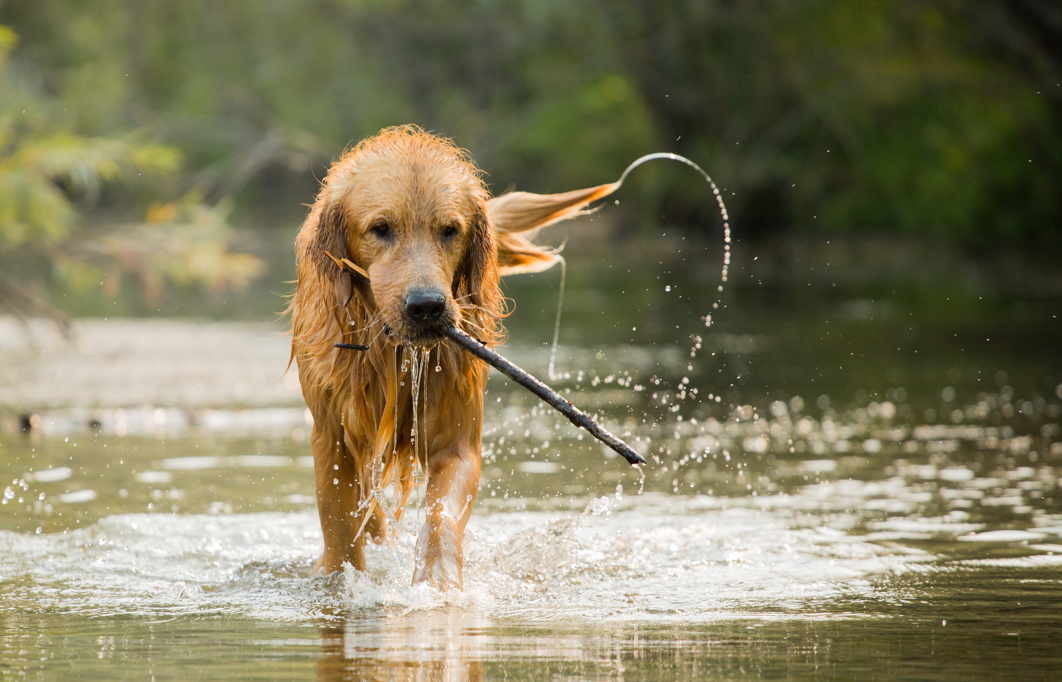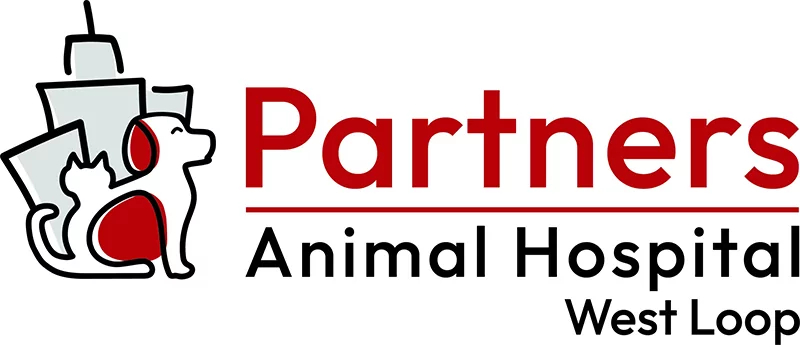Leptospirosis in Dogs: Symptoms, Risks, and Prevention

Leptospirosis is a bacterial infection that can affect dogs, wildlife, and—on rare occasions—humans. It’s more common in areas with standing water, wet climates, or high wildlife activity. While some dogs may only show mild signs, others can develop serious kidney or liver damage if left untreated.
How Dogs Get Leptospirosis
The bacteria that cause leptospirosis are often found in water contaminated by urine from infected animals, such as rodents, raccoons, or livestock. Dogs can become infected by:
- Drinking or swimming in contaminated water
- Contact with soil or puddles harboring the bacteria
- Exposure to infected wildlife or other dogs
Recent Trends in the Chicago Area
Recent data from Cook County and the greater Chicago area indicate a notable increase in leptospirosis cases among both dogs and wildlife. Given this higher prevalence in our region, vaccination and routine preventive care are especially important to keep pets safe year-round.
Symptoms to Watch For
Leptospirosis can appear suddenly, and signs may include:
- Fever or lethargy
- Vomiting or diarrhea
- Loss of appetite
- Increased thirst or urination
- Jaundice (yellowing of the skin or eyes)
- Muscle pain or stiffness
Because these symptoms can resemble other illnesses, a veterinarian’s evaluation and diagnostic testing are essential for accurate diagnosis and treatment.
Treatment
Early treatment with antibiotics can be highly effective. Supportive care may also be needed for kidney or liver complications, including IV fluids and close monitoring of bloodwork.
Prevention
- Vaccination: The leptospirosis vaccine significantly reduces infection risk and is especially recommended for dogs living in or visiting the Chicago area.
- Limit exposure: Avoid letting dogs drink from or swim in stagnant water, and control rodent populations around your home.
- Prompt veterinary care: Early intervention improves outcomes if exposure occurs.
Leptospirosis can be serious—but with proper precautions, vigilance, and vaccination, it’s preventable.
If you’re concerned about your dog’s risk for leptospirosis or want to discuss vaccination, contact call us or book an appointment today for expert guidance and care.
About Us
At Partners Veterinary Group, we believe in energizing our team members through shared values, while helping them create value for our clients and patients. Knowing we can help make pets’ and people’s lives better motivates us to continually strive for excellence and love what we do.
Our team consistently works to build educational, supportive, and cooperative work environments that cater to positive experiences and professional growth. We’re constantly evolving, creating innovative ways to deliver cutting-edge medicine to our patients. We equip our teams with tools to enhance their skills and improve their knowledge.
